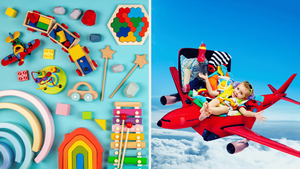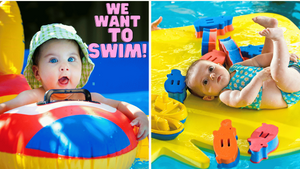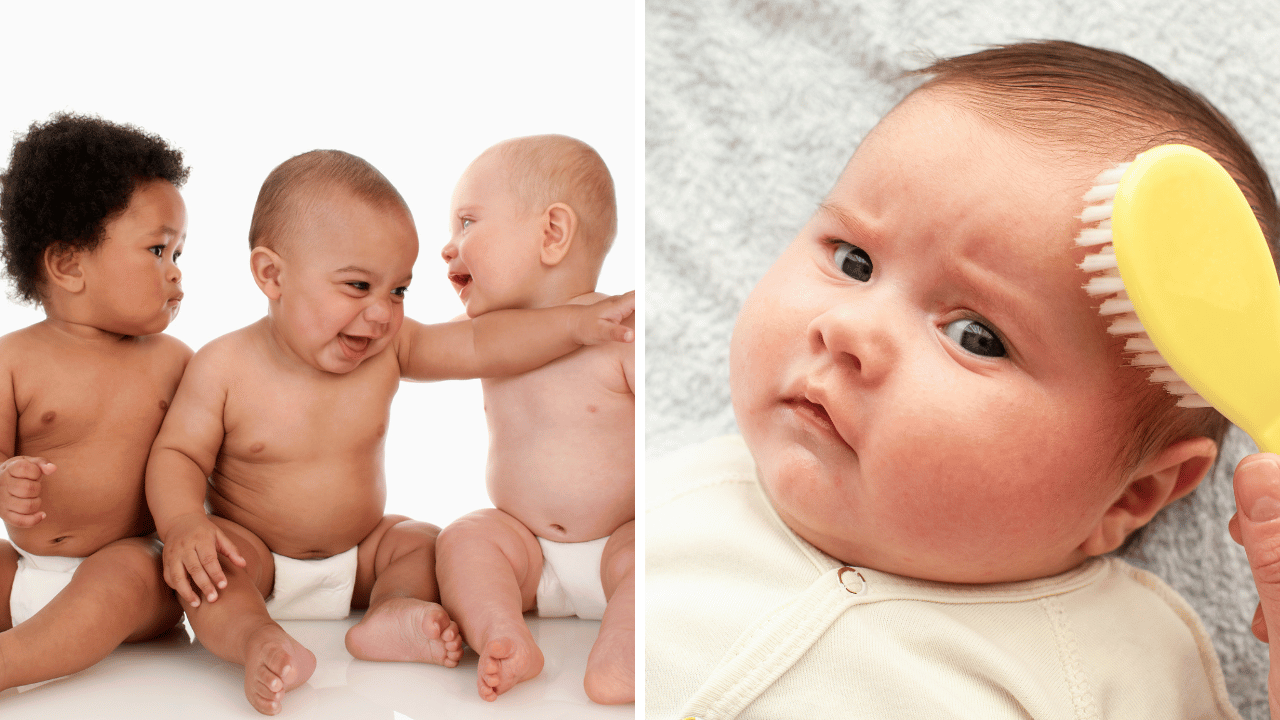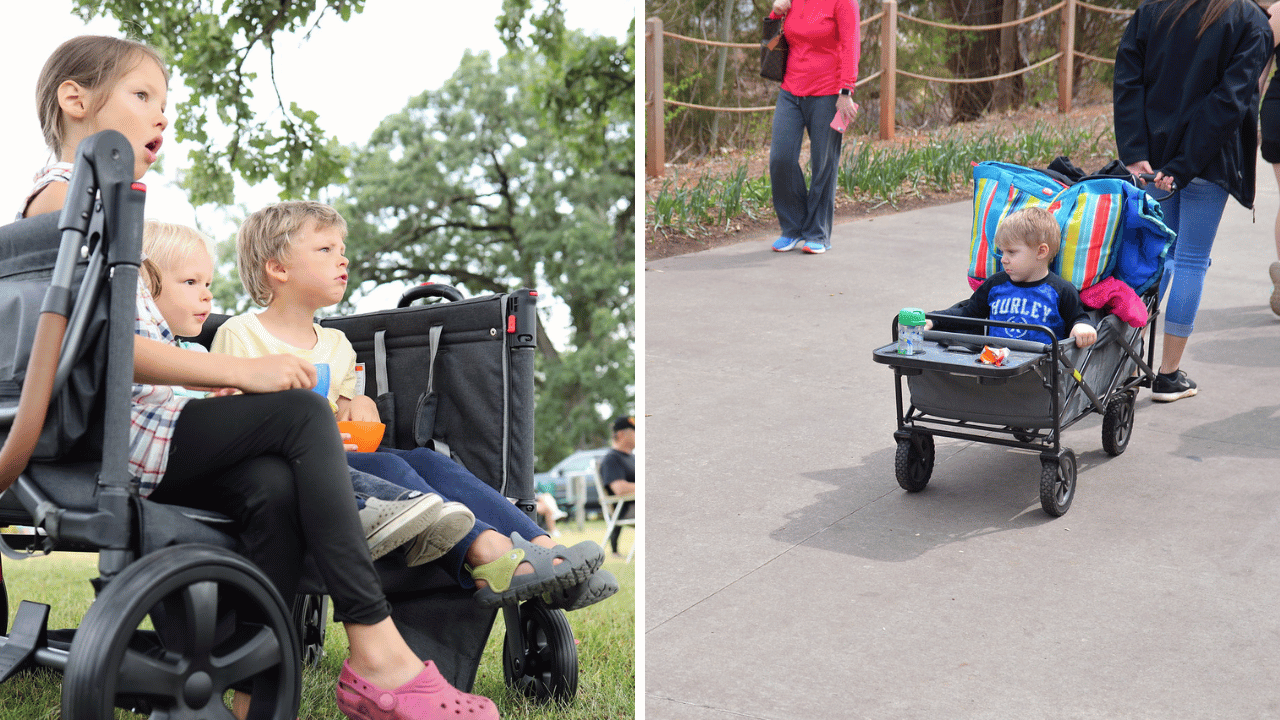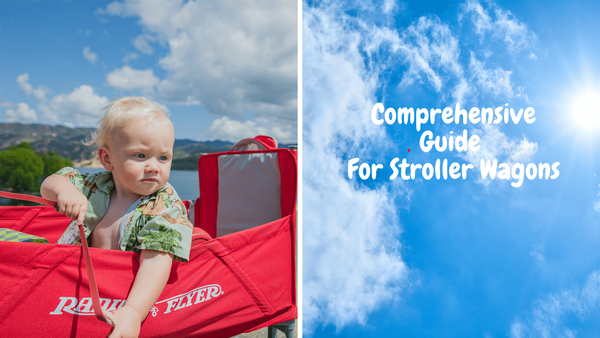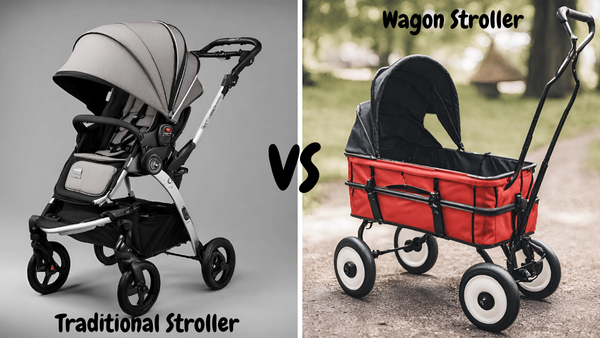A Parent's Guide To Deciding Whether Or Not To Let Their Baby Sleep With A Pacifier
As soon as your baby is born, you're presented with a world of decisions. One of the biggest and most important decisions revolves around sleeping: should you give your baby a pacifier to aid sleep?
There are both benefits and risks associated with pacifier use for babies — understanding them can help you decide whether it's right for your child. In this guide, we'll cover the pros and cons of letting your little one fall asleep with a pacifier in consideration to make an informed decision about their wellbeing.
Can babies fall asleep with a pacifier?
Here are a few potential benefits of using a pacifier to help your baby sleep:
• It can help babies self-soothe and learn how to calm down and fall asleep by themselves.
• A pacifier can create an association between sucking and comfort, which can make it easier for your baby to relax in the middle of the night if they wake up.
• It may reduce the risk of SIDS (Sudden Infant Death Syndrome).
On the other hand, there are a few potential risks associated with pacifier use:
• Pacifiers can cause dental problems if used for too long or after age two.
• Babies can become dependent on their pacifier to help them fall asleep, resulting in difficulty sleeping without it.
• It can increase the risk of ear infections, as pacifiers can introduce bacteria into the ear canal that leads to infection.
Ultimately, only you know what’s best for your baby and if giving them a pacifier is the right choice or not. Consider talking with your pediatrician about whether or not they recommend using a pacifier to help your baby sleep.
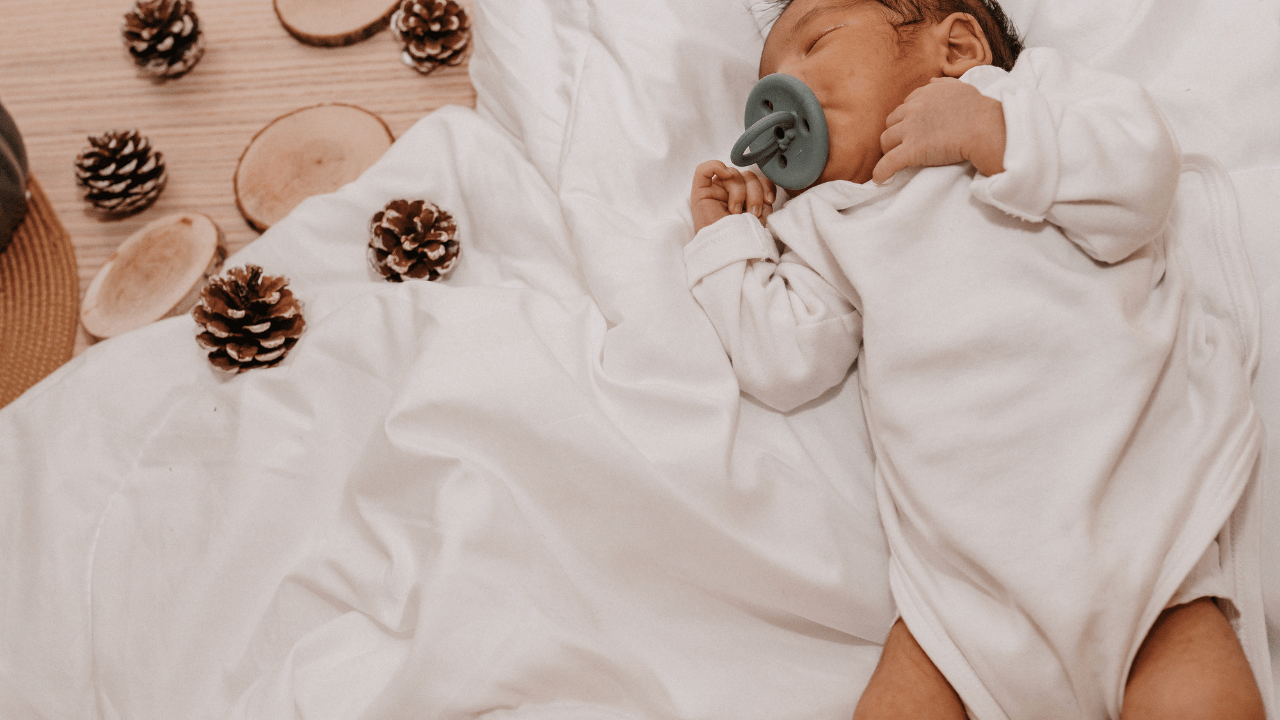
The Use of Pacifier For Your Baby
The decision to introduce a pacifier into your baby’s sleep routine is one that should be made with careful consideration of the potential benefits and risks. This guide will help you weigh the pros and cons of using a pacifier, so you can decide if it’s right for your child. Also, keep in mind that all babies are different and what works for one may not work for another.
Investigate the Pros and Cons of Pacifier Use for Babies
When it comes to pacifier use, there are both pros and cons that parents should be aware of. The potential benefits may include helping baby self-soothe and learn how to calm down and fall asleep by themselves. Also, a pacifier can create an association between sucking and comfort, which can make it easier for your baby to relax in the middle of the night if they wake up.
On the other hand, pacifier use can cause dental problems if used for too long or after age two and babies can become dependent on their pacifier to help them fall asleep, resulting in difficulty sleeping without it. Additionally, pacifiers may increase the risk of ear infections, as they can introduce bacteria into the ear canal that lead to infection.
Consider the Different Types of Pacifiers Available on the Market
When looking for the right pacifier for your baby, there are several different types to choose from. The two main styles of pacifiers are those with a nipple and handle attached, and those without.
However, within these categories you can find pacifiers that come in different shapes, sizes, and materials. Depending on your baby’s age and needs, you may want to look for a pacifier made of silicone or latex that is designed specifically for newborns or infants.
Discuss Ways to Determine if Your Baby is Ready for a Pacifier
Once you’ve investigated the pros and cons of pacifier use for babies, it’s important to discuss ways to determine if your baby is ready for a pacifier. Consider talking with your pediatrician about whether or not they recommend using a pacifier to help your baby sleep, as well as any other tips or advice they may have.
You can also observe your baby’s behavior, as they may show signs that they are ready for a pacifier. If your baby is showing signs of discomfort or fussiness, it may be worth introducing a pacifier to see if this helps them relax and fall asleep easier.
Explore Tips and Tricks to Ease Babies into Sleeping with a Pacifier
Once you’ve decided to introduce a pacifier into your baby’s sleep routine, there are some tips and tricks to make the process easier. For example, try introducing the pacifier when your baby is drowsy but not yet asleep, as this can help them get used to having it in their mouth.
Additionally, make sure the pacifier is clean and in good condition, as this can help reduce the risk of introducing bacteria into your baby’s mouth. Lastly, be sure to watch for signs of dependence on the pacifier and know when to take it away at night if necessary.
Explore Alternatives to Pacifiers That Might Help Babies Sleep Better
If you’re not sure if a pacifier is right for your baby, there are some alternatives that may help them sleep better. Swaddling or using white noise can be effective ways to soothe and relax babies when they need help falling asleep.
Also, try different types of soothing techniques such as rocking, singing, or nursing to calm your baby down before bed. If you’re still unsure, talk to your pediatrician for advice and recommendations on the best way to help your baby sleep.
Can Babies Sleep With Pacifiers FAQs
Do pacifiers help babies sleep?
The short answer is yes. Studies have found that the sucking reflex of a pacifier helps babies self-soothe and fall asleep more quickly. On the flip side, some infants may find it a bit harder to wean off from using a pacifier when they reach older age as it has become part of their routine. Also, if the pacifier falls out of their mouth during sleep, they may wake up and need help from a parent to put it back in.
Do pacifiers pose a choking hazard?
Pacifier usage does carry some risks of choking, but with proper supervision and regular cleaning these risks can be managed. Make sure to buy the right size pacifier for your baby and inspect it before every use. Discard any cracked or damaged pacifiers.
Final Thoughts
After evaluating your baby's individual needs, you can now decide whether or not to allow them to sleep with a pacifier. Depending on their age and developmental stage, the choice may be yours; however, you should also take into account how your family feels about the matter.
Additionally, it's always best to talk to your pediatrician first if your are unsure about which direction to go in. Remember that there are pros and cons to both sides of this debate and that each family may interpret them differently.
What is true for one may not hold true for another. With all of this in mind, it is wise to choose what is right for your family when considering whether or not babies can fall asleep with a pacifier. There is no single right answer - only an informed decision that works best for you.



